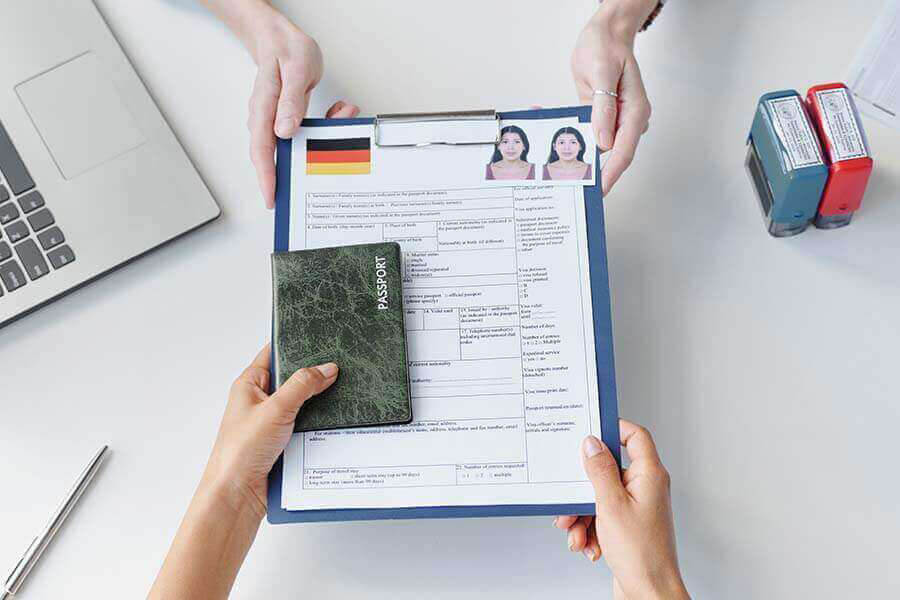
Notarizing documents from foreign countries can be confusing for Notaries. Here we’ll answer some general questions and provide additional helpful information for working with international notarizations.
Is the notarization permitted?
Notaries in most countries perform very different duties compared to their counterparts in the United States. Foreign Notaries have powers similar to attorneys and are authorized to advise and prepare documents for clients. However, U.S. Notaries have more limited authority, and may not advise or prepare documents for clients.
Confusion occurs when people from other countries ask U.S. Notaries to perform official acts that are not permitted under state law. One common example is when a Notary is asked to certify that a foreign citizen residing in the U.S. is still alive in order to collect an overseas pension. These documents are known as “proof of life” certificates, but no state (except Montana) explicitly allows Notaries to certify that a person is alive. This often confuses signers who have been directed by foreign government agencies to take their life certificate to a U.S. Notary.
If you are asked to notarize an international document, first determine if your state permits the requested act. You can contact your state Notary regulating agency. NNA Members can also contact the NNA Hotline.
What if the document is in a foreign language?
International transactions may involve documents drafted in a language you can’t read. Is this a deal-breaker?
As a general rule in most states, you may notarize a document written in a foreign language, provided the notarial certificate is in English or a language you can read. You’ll need to check your state’s laws and guidelines for specific guidance. That said, it’s safer and generally more advisable to refer the signer to a Notary who can read and understand the foreign language. Also, unless you are notarizing in Arizona, Mississippi or Colorado, you may not use an interpreter to communicate with the signer during the notarization. In Colorado, if an interpreter is used, they must not have a disqualifying interest in the transaction.
Do Notaries issue ‘apostilles’?
If you’ve ever been asked to notarize a document intended for use in another country, your signer may also have inquired about obtaining an apostille to authenticate it.
An apostille is a certificate authenticating the signature and seal of the officer performing the notarization on a document being sent between countries that have ratified The HCCH Apostille Convention.
Basically, an apostille confirms to the document’s recipient that the individual who notarized the document had a valid commission at the time of notarization. Without an apostille attached, a document sent between countries must undergo a much lengthier authentication process involving several different agencies to be accepted.
Many people mistakenly believe that apostilles are issued directly by Notaries. Only an authorized “competent authority” under the HCCH Apostille Convention (also known as “The Hague Convention”) — typically the Secretary of State’s office or other Notary-regulating agency — is authorized to issue apostilles.
If a signer requests an apostille, they must submit the document to the appropriate competent authority, which will typically process and attach an apostille to the notarized document for a fee. Some signers may ask if you can courier their document to the Secretary of State’s or appropriate government office to obtain the apostille/certificate of authority for them. Notaries who live in areas with access to the appropriate office sometimes offer this service for an additional fee.
Are there any other alternatives?
If it turns out you can’t notarize an international document, the signer may have other options. Embassy and consular staff are authorized to notarize documents being sent to their home countries. If a foreign country requests a notarial act for a signer’s document that a U.S. Notary isn’t authorized to perform, the signer can contact a local consulate or embassy of the receiving nation for assistance.
David Thun is the Editorial Manager at the National Notary Association.
Related Articles:
Notarize Foreign Language Documents
Are international IDs acceptable for notarizations?